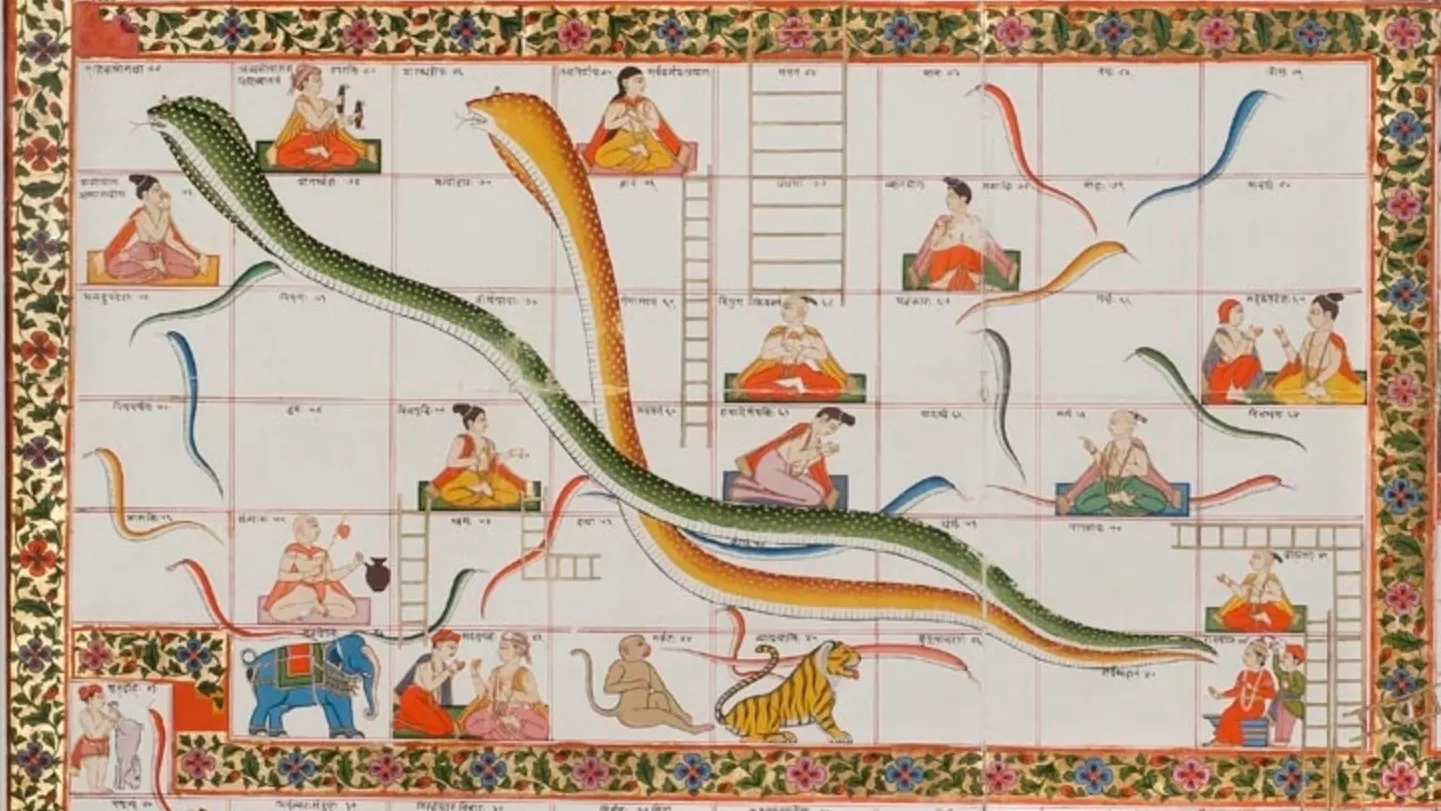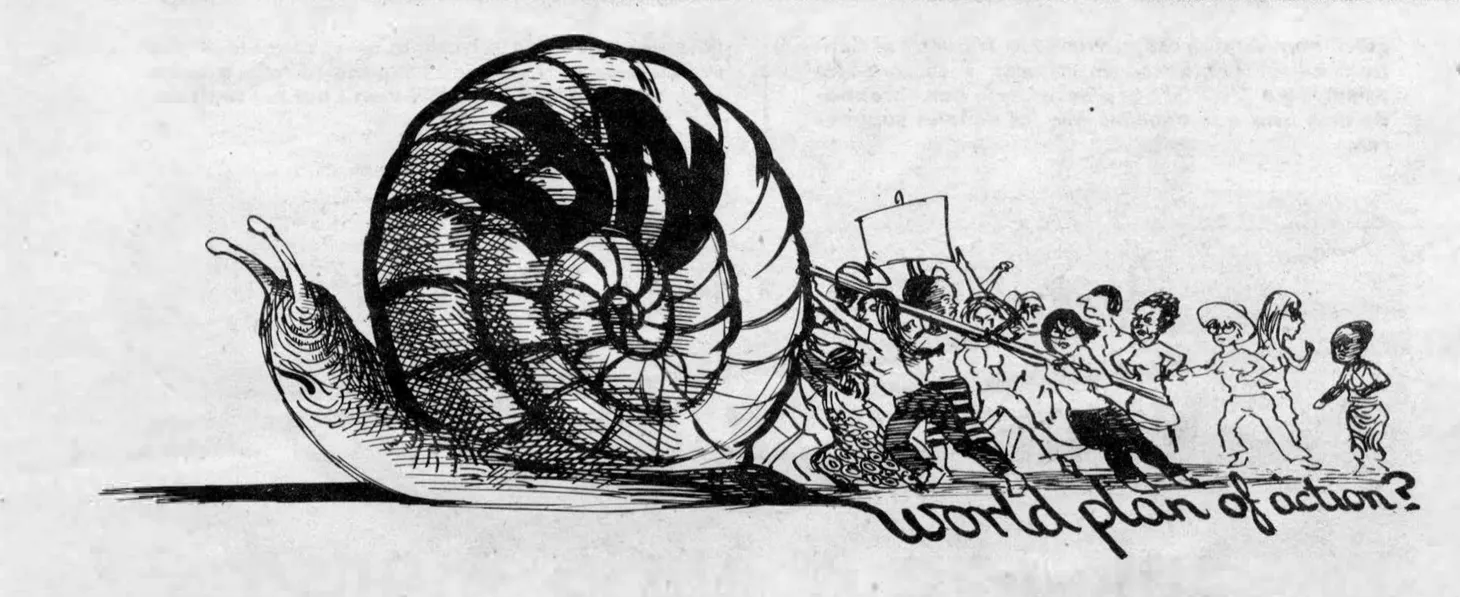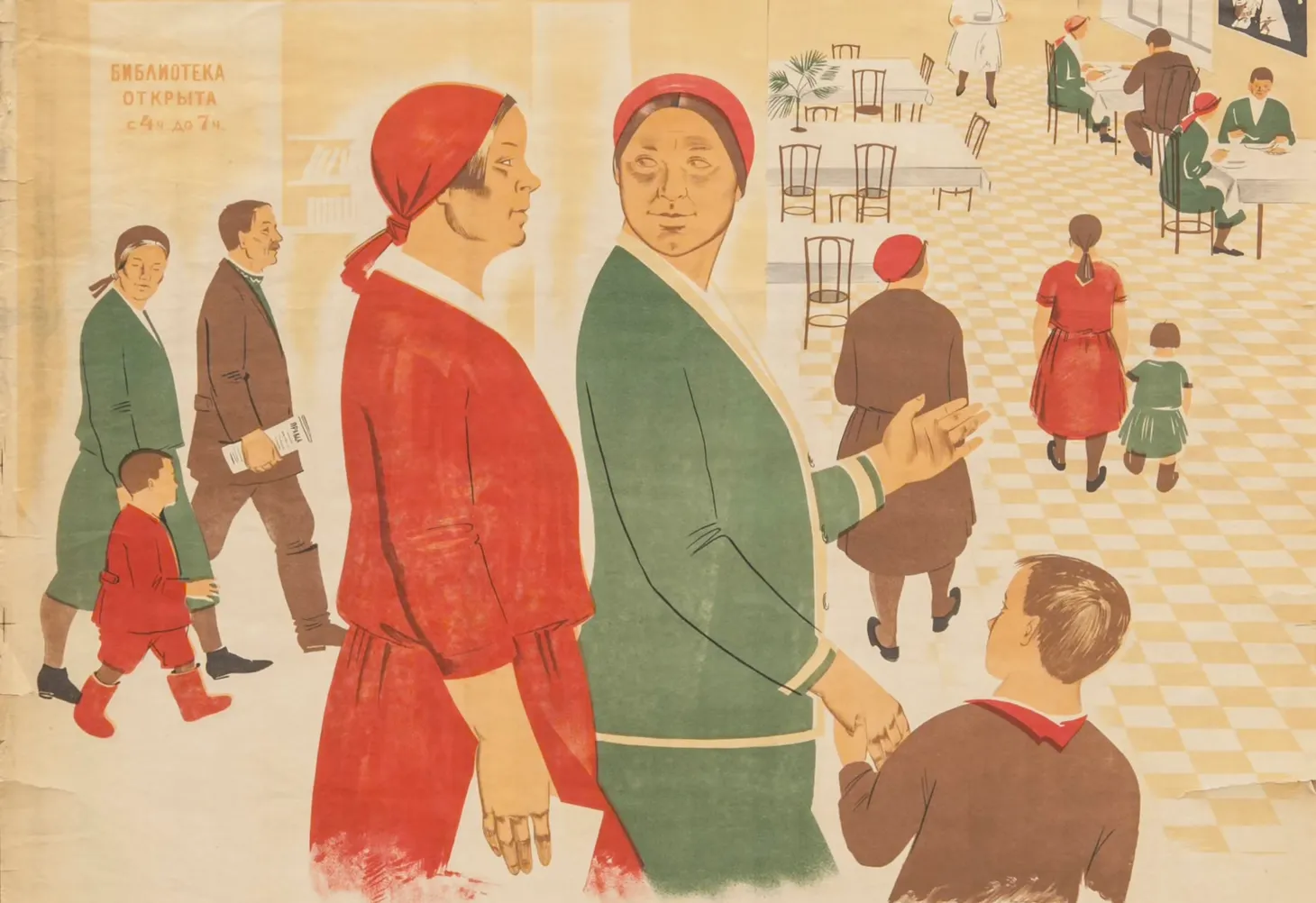“Excessive Labor and Confinement”: Historical Imagination and the Urban Working Class
A discussion of teaching the Industrial Revolution to help students better understand how workers experienced industrialization.
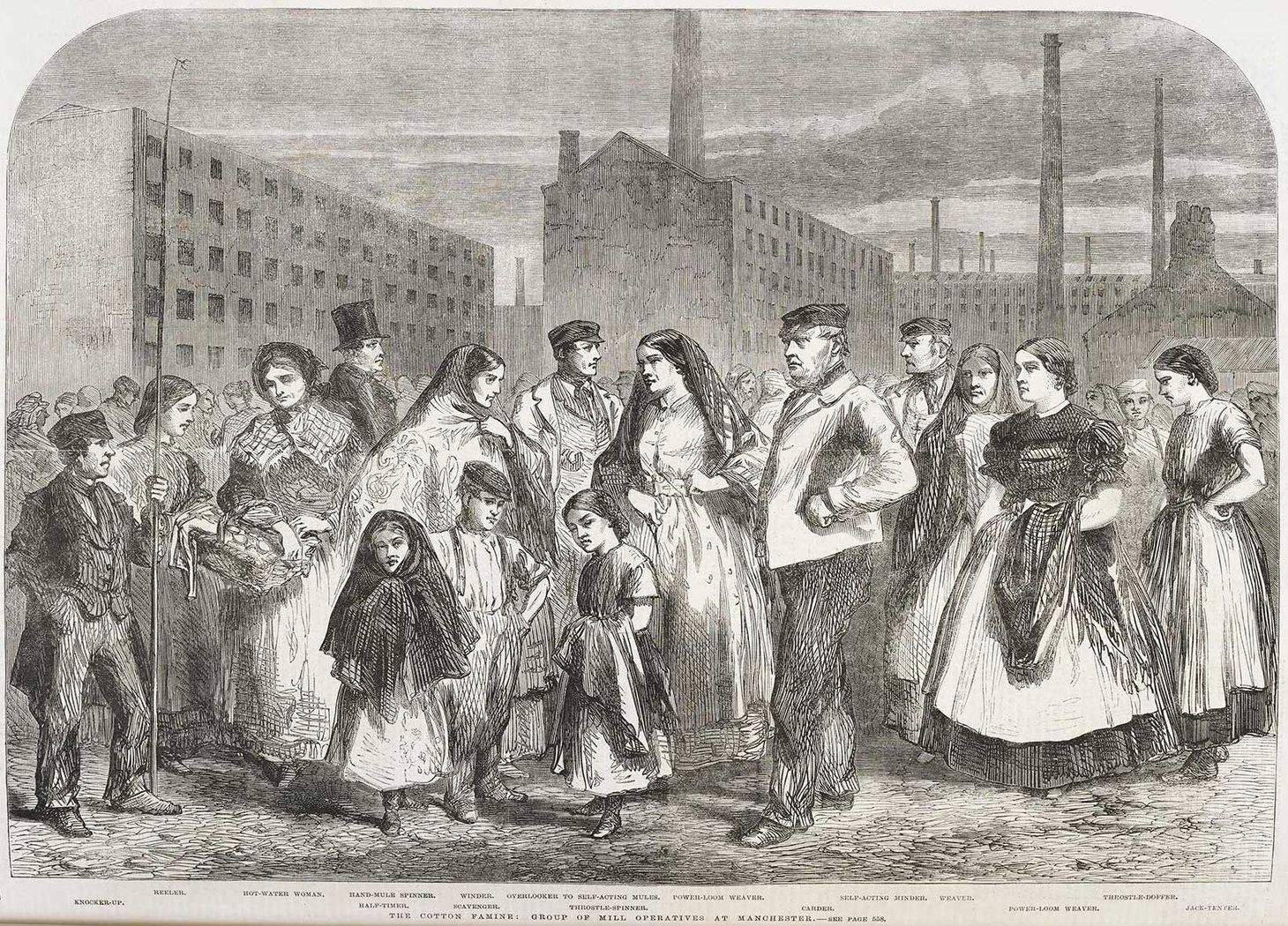
Industrialization has completely transformed the world we live in. You are reading this post because of changes that began in the eighteenth and nineteenth centuries. Even though our students live in a world shaped by industrialization, most of them cannot easily imagine what it was like to live through those profound changes. Without reflecting on what it was like to work in a textile mill or a coal mine, some students, unfortunately, look past the horrors of industrialization as making possible improvements in how we live today.
To help students better understand the complexity of the Industrial Revolution, I have focused less on highlighting the technological breakthroughs and more on exploring how people living in the nineteenth century understood the changes occurring around them. I have also focused less on maps, such as the one below, showing the locations of mills, mines, and industrial cities, and more on the people who worked and lived in those places. Those voices, such as women living in industrial Manchester, are not as easily found in the historical record. The last creative essay prompt I will discuss in this series on writing and historical imagination explores how a family in Manchester might respond to changes around them.
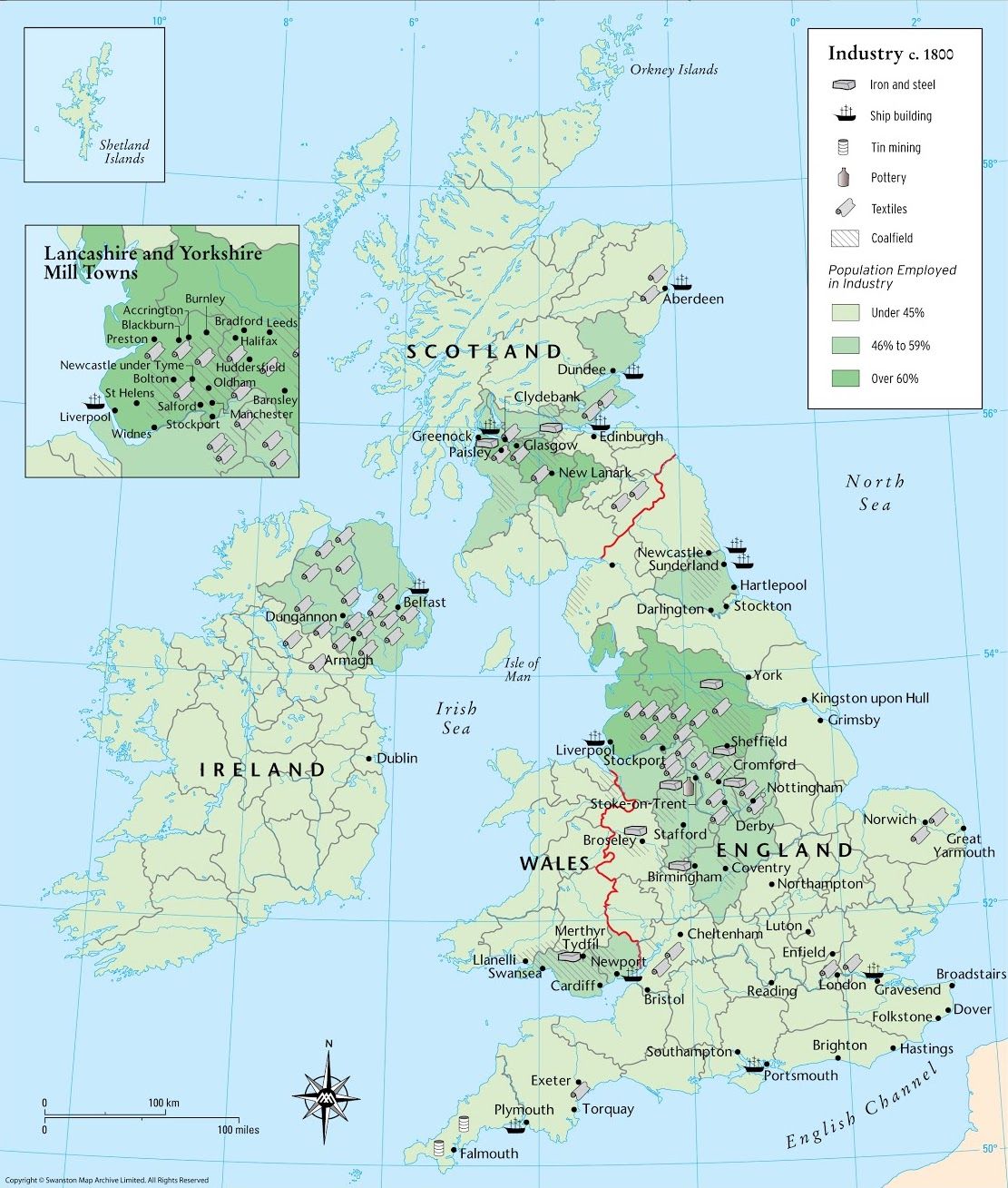
This content is for Paid Members
Unlock full access to Liberating Narratives and see the entire library of members-only content.
SubscribeAlready have an account? Log in

